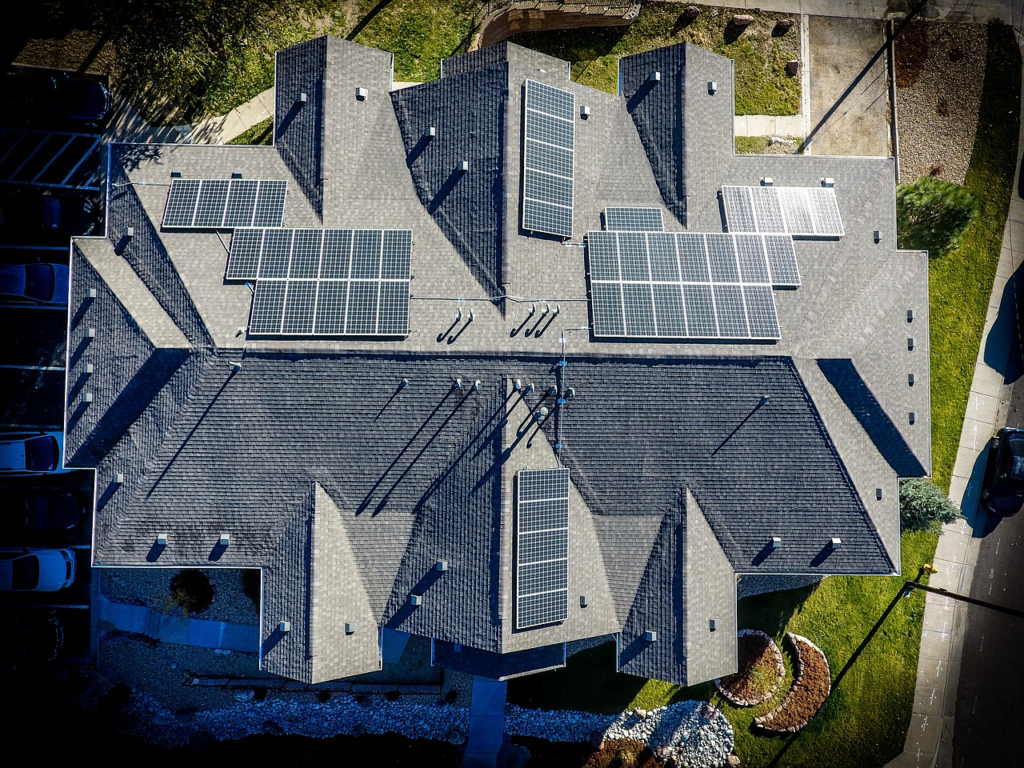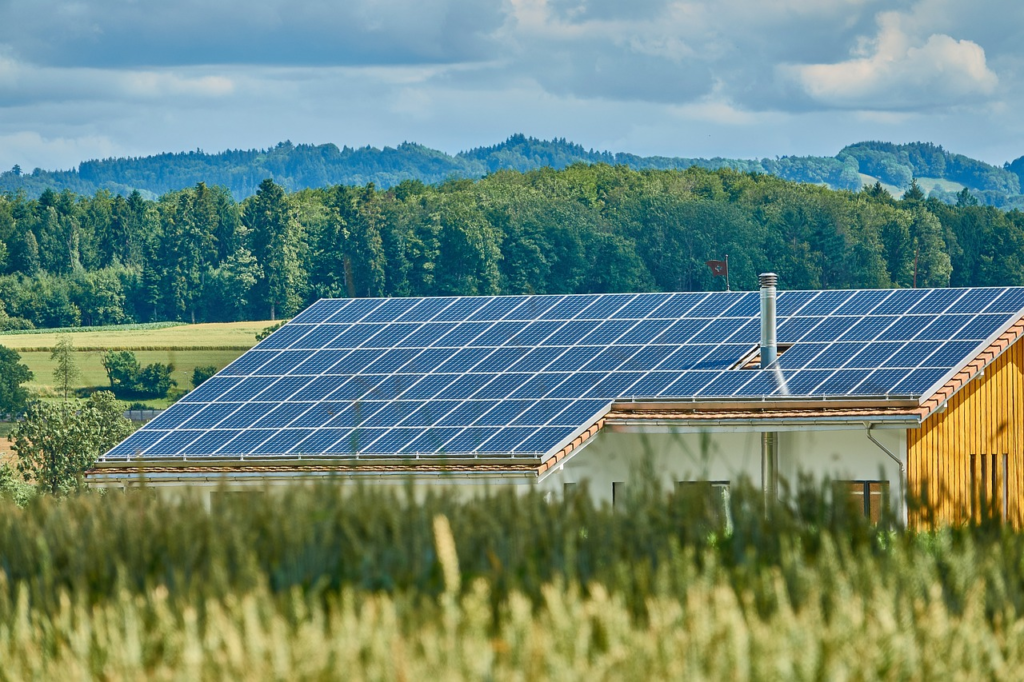Energy is a quintessential element in modern living, including running 24-hour economies. The globe has been harnessing electric power from fossil fuels to power everything from light bulbs to home appliances and transport systems. However, while invaluable, electric power’s adverse environmental effects necessitate alternative energy sources.
Solar power is arguably the most popular globally, although some countries have made better strides in embracing solar energy. For example, one report showed Australia is the global leader in per capita solar installations, with one in four Australian homes having solar panels. So, keep reading to discover the reasons behind the solar power boom in Australia and beyond.
1. Solar Power Installation Rebates And Financing
Climate change and environmental degradation are significant concerns for most economies. Consequently, most federal and regional governments across the globe use incentives as a strategy to encourage homeowners and property developers to include clean energy installations in their properties.
A rebate is a partial refund of the funds spent on buying a product or completing a project. Therefore, homeowners in jurisdictions where solar power installation rebates are available, stand to save money on the project, not to mention the long-term solar power economic benefits.
The rebate structures vary across different jurisdictions. For example, homeowners, rental property owners, and non-profit community housing projects in Melbourne and other Cities in Australia’s Victoria state have the Solar PV (photovoltaic) panel rebate. They are eligible for the following benefits under the rebate program.
First, they can receive rebates of up to A$ 1400. Second, they can apply for additional assistance, including low-interest and interest-free loans. You can read more about solar power installation rebates in Melbourne here.

2. Lower Energy Utility Bills
The modern home relies heavily on energy to power appliances, charge devices, and provide heating and cooling to maintain a safe and habitable environment. According to one global report, Australia is among the world’s top ten countries with the highest electricity bills per household. The average Australian household pays A$0.33 per kilowatt of electricity, translating to over A$150 monthly and A$1800 annually.
On the other hand, a residential solar power system costs less than A$10000 to install, depending on the system type, material, and project scale. While the installation cost may seem hefty, it offsets itself within a maximum of five years. Moreover, solar power installation rebates help to lower overall costs.
Most solar installation companies offer subsidized or free maintenance services. Therefore, solar power systems are popular because homeowners focus on eliminating hefty electric bills in the long run.
3. It’s A Clean, Sustainable, And Renewable Energy Source
As stated earlier, electric power generation primarily stems from non-renewable energy sources, including fossil fuels like coal and petroleum products. According to one economic report, Australia was the world’s fourth coal distributor as of 2021.
Unfortunately, one report shows that while coal production has proved lucrative for the country, it has a devastating environmental and social impact. The report links coal mining with air and water pollution that impacts health, biodiversity eradication, soil erosion, and reduced social cohesion in coal mining regions.
In contrast, unlike coal, solar power is a renewable and sustainable energy source because the sun constantly shines in most Australian regions, including Melbourne. Moreover, solar power is clean energy because it produces no pollutants that people living in mining areas have to contend with.
According to one consumer sentiment tracker report, two in three Australians expressed concern for their carbon footprint. Therefore, the rising consciousness of how consumer choices impact the environment is a significant reason for the solar power installation boom.

4. Solar power Installation Increases Property Value.
According to one report, approximately 21% of Australian households have property investments. Property is a lucrative asset class, and the expectation is that the property value will rise over time.
However, while the location and industry trends play a significant role in modulating property value appreciation, upgrades on the property also influence a property’s values. Property valuers consider multiple factors when evaluating a property’s value and potential for future profits, including lower operating expenses.
As stated earlier, solar power is cheaper than non-renewable electricity, creating the potential for lower expenses in property investment. Consequently, one report established that solar panels increase your property’s value and that more solar panels translate to a higher increase in value.
5. Solar Power Enhances Energy Security
Given how much individuals and entire economies rely on energy, energy security is crucial for modern society. However, besides the depletion potential, non-renewable energy sources only occur in specific portions of the planet, giving a handful of nations controlling interests.
The disadvantage of a handful of nations monopolizing the energy sector is that they price the non-renewable fuel sources as they deem fit. Second, instability in a country or region exporting fossil fuels spells doom for all its importers.
In contrast, most places on the planet receive ample sunshine and can harness it to generate energy regardless of socio-political factors. Energy security also applies to individuals in areas that experience blackouts.

6. Solar Power Encourages Land Utilization
People may avoid settling in places too far off the grid due to a lack of connectivity. The result is overpopulation in urban areas, while beautiful remote areas remain unoccupied or sparsely populated. However, solar power installation makes it possible to receive electricity in far-flung areas, encouraging people with remote occupations to establish habitats in such places.
Conclusion
Solar power’s popularity is rising as the prices for its installation infrastructure drop. However, not all solar panels are made equal, so research each brand carefully before committing to installing a solar power system on your property.